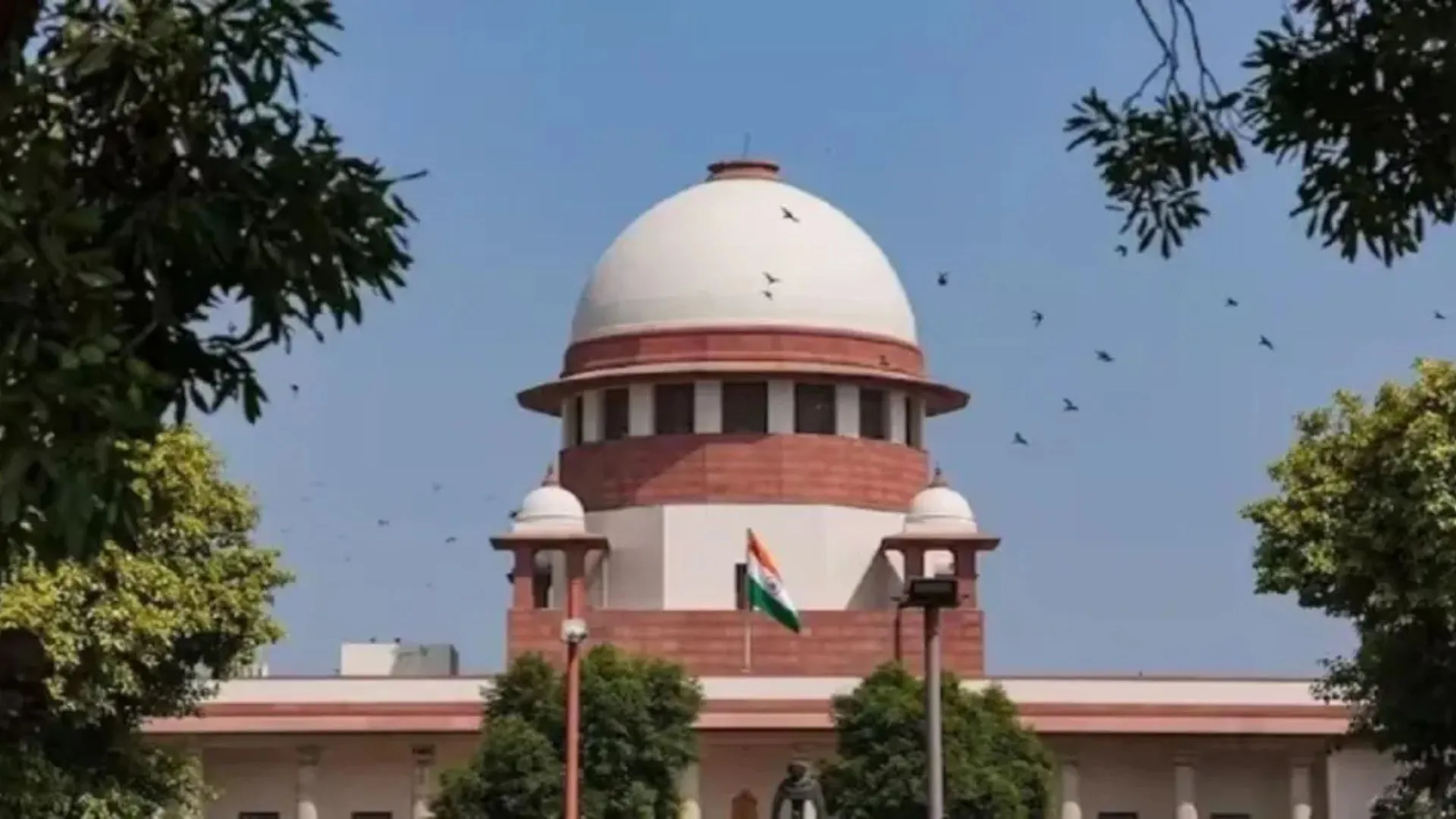The Supreme Court of India dismissed a petition that called for a return to paper ballots in elections, upholding the integrity of electronic voting machines (EVMs). The petition, filed by KA Paul, president of a prominent social organization, aimed at restoring paper ballots but also pursued disqualification of candidates held guilty of disbursal of material inducements such as money or liquor to voters.
The bench, comprising Justices Vikram Nath and PB Varale, expressed skepticism regarding the petitioner’s involvement in the matter when he revealed that his background was in social work. “Why are you getting into this political arena? Your area of work is very different,” the court remarked, suggesting that Paul’s focus ought not to be on social issues but on political electoral processes.
Justice Nath Underlines EVM Criticism
Justice Vikram Nath said the claims of EVM tampering are inconsistent, especially when the loss comes at the hands of political leaders. As he pointed out, “What happens is, when you win the election, EVMs are not tampered. When you lose the election, EVMs are tampered with,” while a section of the political class posits that EVMs cannot be trusted.
Elon Musk, Indian Leaders Put EVMs Under Fire
KA Paul further claimed that world known Elon Musk and political leaders of Andhra Pradesh including N Chandrababu Naidu and YS Jagan Mohan Reddy questioned the safety of EVMs after their electoral debacle. The court turned down this statement too by stating that there is no hard proof of tampering found with regard to these allegations.
The bench also dismissed the idea that India should emulate others and abandon electronic voting. “Why don’t you want to be different from the rest of the world?” the judges said, pointing out that EVMs have been successfully used in numerous countries around the world. The judgment further underscores the court’s belief in the electoral system at its present form and the credibility of EVMs.
Electoral Integrity
With this verdict, the Supreme Court has, as if it were, effectively debunking the conspiracy theories surrounding the allegations of tampering of EVM. This occurs at a time of hot debates over electoral technology among voters or participants who tend to doubt the outcome of a few elections. The decision further makes public confidence in the democratic process and technological safeguards which ensure fair elections stronger.
ALSO READ | China Warns ‘No One Will Win A Trade War’ After Trump Vows Big Tariffs




